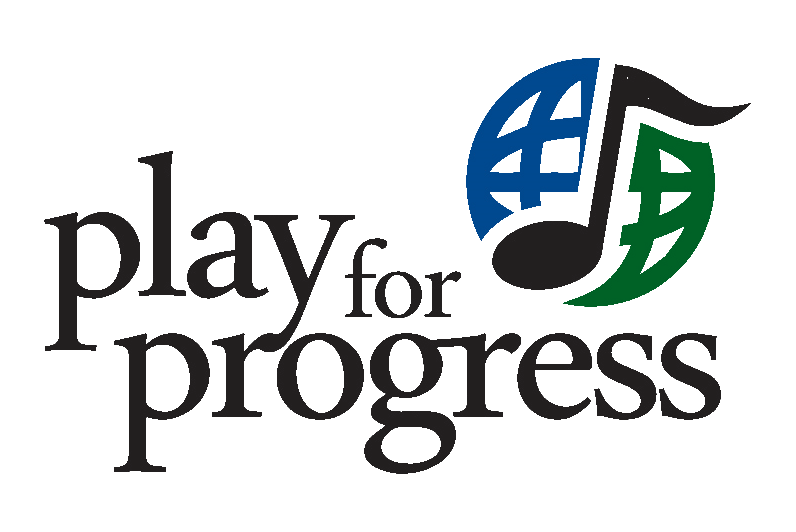
Methodology
Safety. Grounding. Consistency. Self-Regulation.
We believe the first step towards healing trauma, chronic stress and anxiety is prioritising young people’s access to safe spaces, consistent delivery and relationships, grounding practices, and self-regulatory tools. Drawing from leading voices in the global mental health community our methodology absorbs current evidence based on scientific research, neurobiology, ancient practices like meditation and mindfulness, and human creativity, our experience affirms the research; when working with traumatised children and young people we should start with the body.
By working with body expression, breath practices, and grounding through the exploration of music, movement, art, and creative arts therapies, we are able to support young people to release tension of conscious and unconscious memories and experiences without requiring them to voice the content of their trauma.
Of course before this can happen, we must provide a safe and consistent physical space where young people know they can find our highly trained staff, and within which they can slowly over time build trust and belonging. We do not require any disclosure of intimate and vulnerable content. Instead, we enable young people to bring this material in their own time, while supporting their adjustment to safety with our methods of trauma-informed creative engagement.
Within all of our spaces, we are proponents of ensuring that every young person who walks through our door has access to at least 5 emotionally available adults to whom they can healthily form trusting bonds. The healthier our staff is, the healthier our community at large will be. As such, our commitment to trauma informed practice, which is attended to through our robust infrastructure of organisational health (which includes termly trainings, monthly group reflection sessions, and supervisions) for all staff in our service, is integral to the care we offer.
We advocate and creatively weave into our service the recommended phased-oriented approach to trauma care. This approach, which has been created and promoted by world trauma specialists over the last two decades, believes that in the first stage of any therapeutic intervention we consider and prioritise safety, grounding, and the development of self-regulatory tools. Often young people living with chronic stress, anxiety, PTSD and Complex-PTSD don’t receive the necessary support around this first phase of care, leading to therapeutic experiences and interventions across the care sector that can sometimes lead to re-traumatisation
Evidence within the mental health community shows that there is a pattern of early disengagement in traditional psychotherapies because phase one has not been attended too well enough. PFP aims to help provide this level of care through creative engagement early in someone’s healing journey so that there are potentially more positive outcomes when engaging with more mental health provisions later. A harsh reality for the community we serve is that access to therapeutic trauma care is often reduced, short lived or simply not accessible, making PFP’s interventions vital. Therapeutic care does not live within the four walls of a therapy room, it is alive in all creative engagement and must be attended to with specialist knowledge.
Every step of the way, whether young people are exploring breathing techniques, dancing, creating art, writing, recording original music, learning a new instrument, doing homework, talking to a case worker about their housing or visa issues, or simply hanging out with friends, our staff offer a trauma informed space that provides and prioritises safety, consistency, care, and regulation.
We follow child protection and safeguarding best practice. Read more in our child protection and safeguarding policies pack.
Stay tuned in 2023!
We are in the process of publishing our recommendations for best practice when working with this community. It will include a deep dive into the science behind our methods, why/how we do what we do, and changes we recommend for those working within the asylum-proocessing system.
